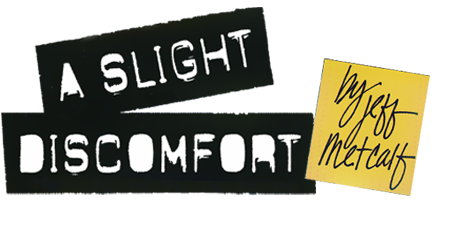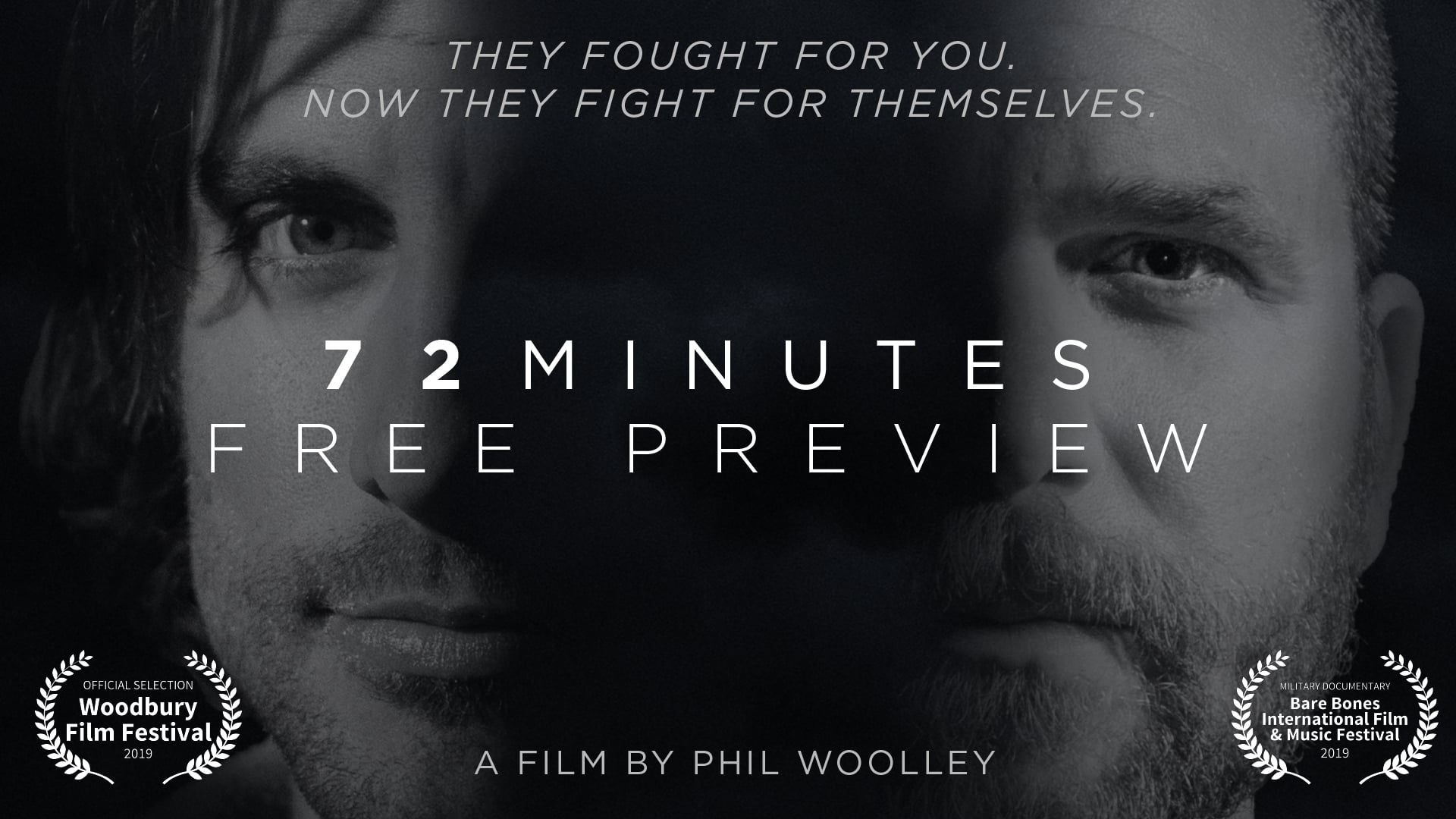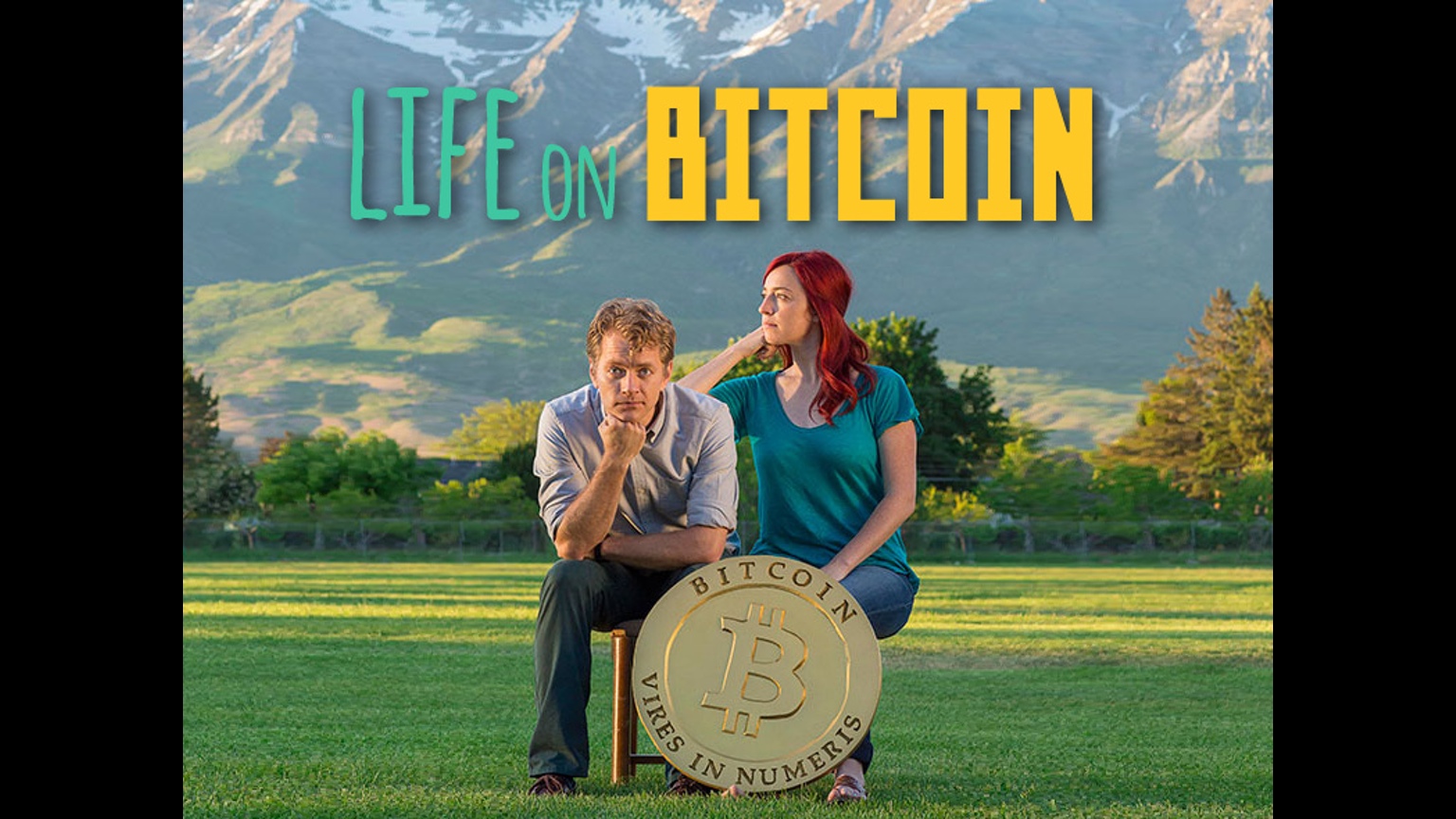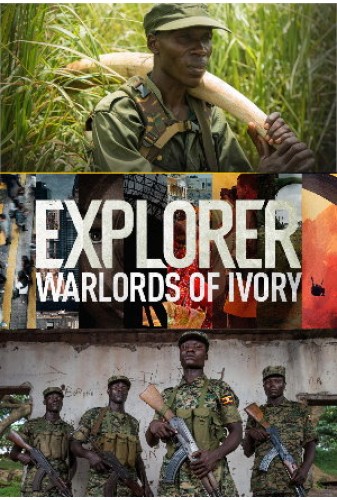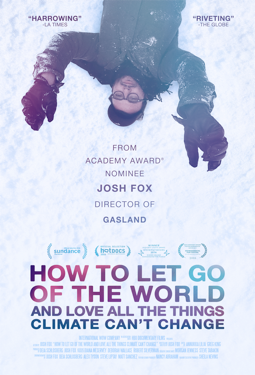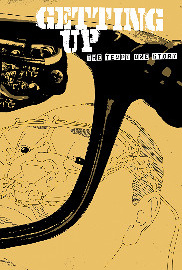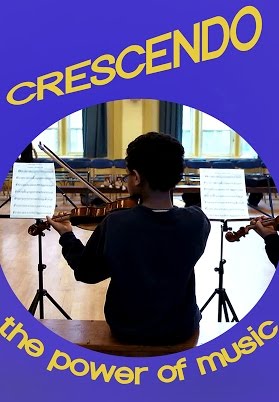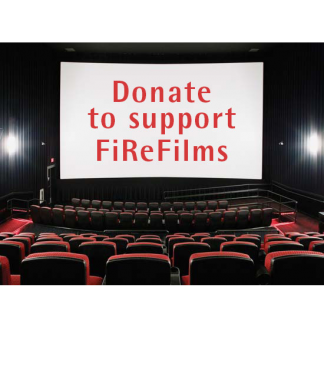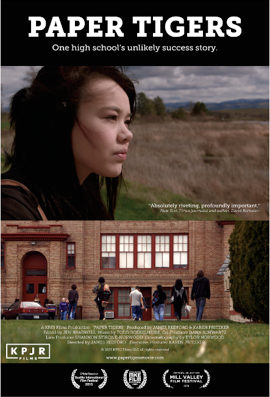
More than two decades ago, two respected researchers, clinical physician Dr. Vincent Felitti and CDC epidemiologist Robert Anda, published the game-changing Adverse Childhood Experiences Study. It revealed a troubling but irrefutable phenomenon: the more traumatic experiences the respondents had as children (such as physical and emotional abuse and neglect), the more likely they were to develop health problems later in life—problems such as cancer, heart disease, and high blood pressure. To complicate matters, there was also a troubling correlation between adverse childhood experiences and prevalence of drug and alcohol abuse, unprotected sex, and poor diet. Combined, the results of the study painted a staggering portrait of the price our children are paying for growing up in unsafe environments, all the while adding fuel to the fire of some of society’s greatest challenges.
However, this very same study contains the seed of hope: all of the above-mentioned risk factors—behavioral as well as physiological—can be offset by the presence of one dependable and caring adult. It doesn’t need to be the mother or the father. It doesn’t even need to be a close or distant relative.
More often than not, that stable, caring adult is a teacher.
It is here, at the crossroads of at-risk teens and trauma-informed care, that Paper Tigers takes root. Set within and around the campus of Lincoln Alternative High School in the rural community of Walla Walla, Washington, Paper Tigers asks the following questions: What does it mean to be a trauma-informed school? And how do you educate teens whose childhood experiences have left them with a brain and body ill-suited to learn?
In search of clear and honest answers, Paper Tigers hinges on a remarkable collaboration between subject and filmmaker. Armed with their own cameras and their own voices, the teens of Paper Tigers offer raw but valuable insight into the hearts and minds of teens pushing back against the specter of a hard childhood.
Against the harsh reality of truancy, poor grades, emotional pain, and physical violence, answers begin to emerge. The answers do not come easily. Nor can one simply deduce a one-size-fits-all solution to a trauma-informed education. But there is no denying something both subtle and powerful at work between teacher and student alike: the quiet persistence of love.
Website:
http://kpjrfilms.co/paper-tigers/about-the-film/


